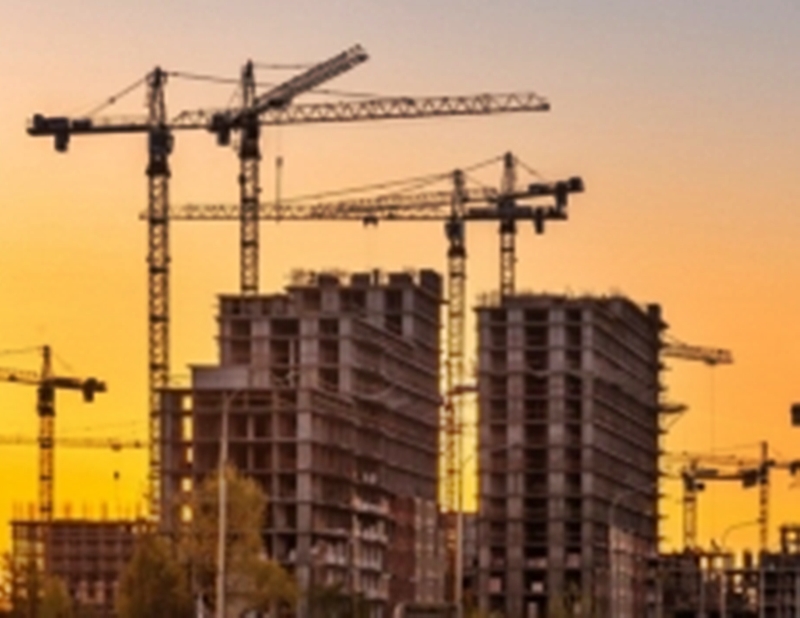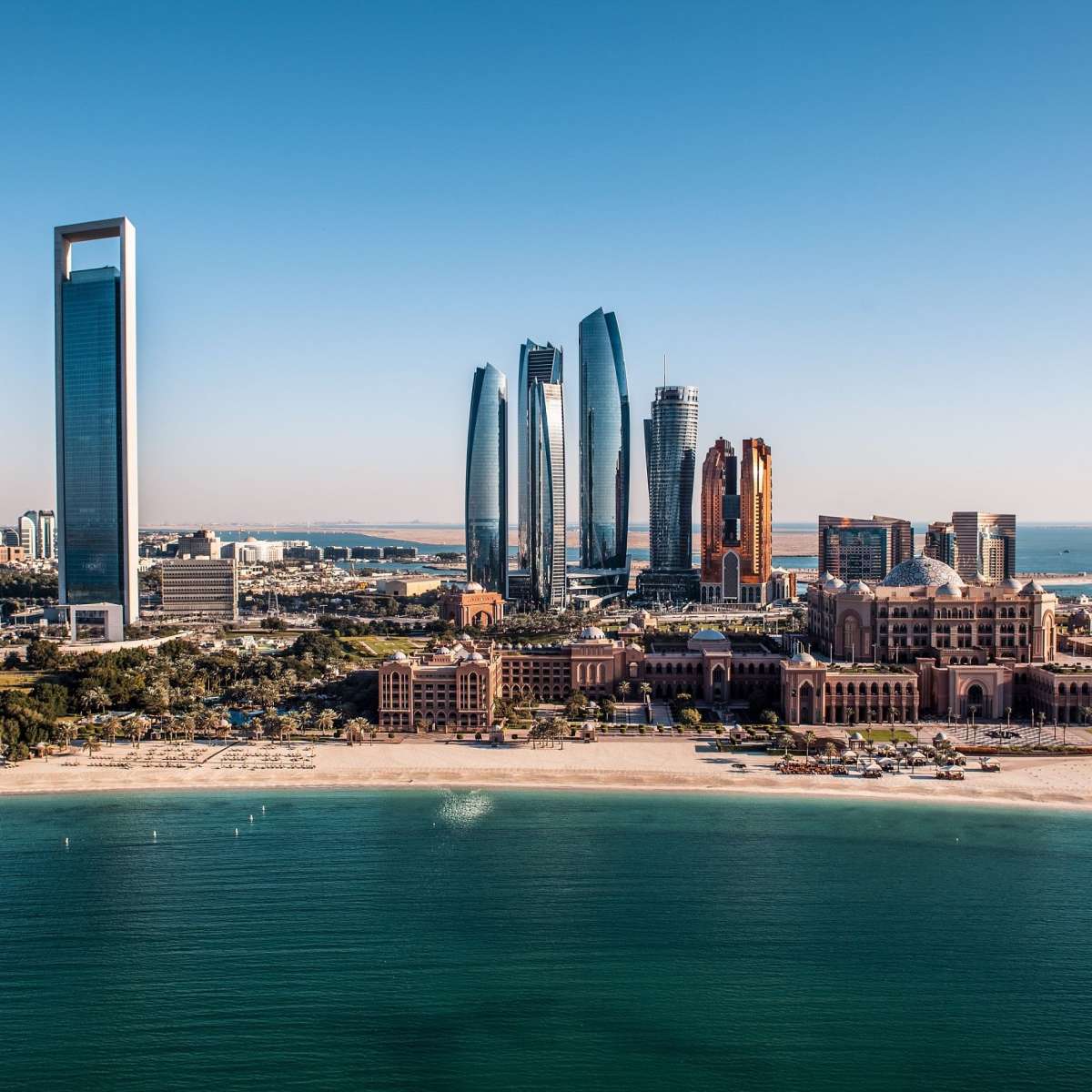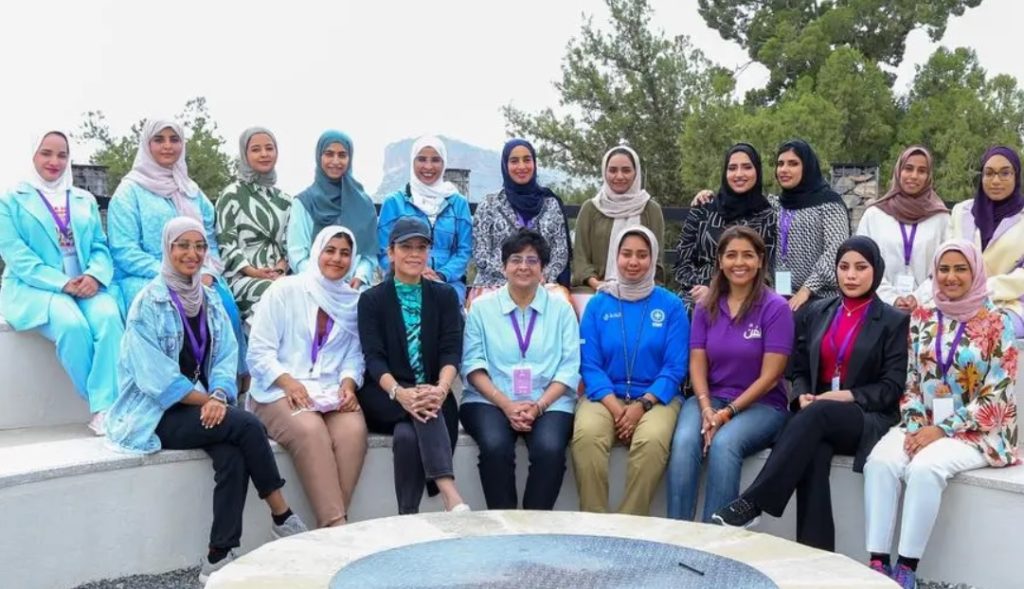Saudi Arabia’s economic growth momentum is expected to mildly slowdown in 2023 after the sharp uptick in 2022. Real GDP growth in 2023 is expected at 4.9% on YOY basis, compared to 8.7% YOY growth witnessed in 2022…reports Asian Lite News
Kuwait Financial Centre “Markaz” has released a set of reports focusing on the real estate sectors in Kuwait, Saudi Arabia, and the United Arab Emirates. These reports, titled “Markaz’s Real Estate Sector Outlook for H2-2023,” reflect Markaz’s commitment to keeping clients’ and those interested in real estate informed about the latest developments in these regional markets.
The periodic reports prepared by Marmore MENA Intelligence, the research arm of Markaz, cover macro and microeconomic activities based on Markaz’s Real Estate Macro Index Score, which is designed to help investors determine the current state of the real estate sector using a list of economic indicators. A quantitative score is assigned to each qualitative rating. The rating “Strong” requires a score of 5 and the rating “poor” requires a score of “1”. The average score is calculated according to economic and financial factors. The reports revealed that the UAE achieved the highest rating with a score of “3.8,” followed by Saudi Arabia at “3.55”, and Kuwait with a score of “3. “The reports also provide insights and data-based figures to measure the conditions of the sector in the main GCC markets during 2023.
H2 2023 outlook for Kuwait’s real estate market
Kuwait’s economic growth is expected to moderate in 2023 to 0.9% as compared to 8.2% in 2022 owing to lower output from the oil sector. Sluggish demand for oil due to an expected slowdown in global economic activity and supply cuts from OPEC+ are expected to lead to a slowdown in Kuwait’s real oil GDP growth. Nevertheless, non-Oil GDP is expected to grow by 3.4% in 2023 supported by stimulus measures from the government and a recovery in employment levels of expatriates.
Prices in the housing services component rose from 1.44% YOY at the end of 2022 to 3.23% YOY in June 2023, mainly driven by the housing rents which increased by 3.61% YOY in June 2023 up from 1.51% YOY at the end of 2022. Kuwait’s Istithmari sector (housing rental market) is seeing a milder recovery since September 2021 with the increase in the expat population post-COVID, the key driver for rental market growth.
Real estate sales in H1 2023 dropped to KD 1,564 million (USD 5.1 billion), compared to KD 1,979 million (USD 6.5 billion) in H1 2022. This decline was primarily due to reduced demand caused by high property prices in the residential sector and high interest rates acting as a deterrent to lending. Residential sales in H1 2023 dropped to KD 736 million (USD 2.4 billion), compared to KD 1.013 billion (USD 3.3 billion) in H1 2022. The number of transactions also fell by 38% YOY in H1 2023. The Istithmari segment also declined by 21% YOY reaching KD 458 million (USD 1.5 billion) in H1 2023, owing to a slower-than-anticipated recovery in the rental markets. Commercial sector sales declined by 46% YOY in H1 2023 to KD 210 million (USD 684 million) as compared to KD 387 million (USD 1.3 billion) sales in H1 2022, indicating a weaker demand from the corporate segment.
H2 2023 outlook for Saudi Arabia’s real estate market
Saudi Arabia’s economic growth momentum is expected to mildly slowdown in 2023 after the sharp uptick in 2022. Real GDP growth in 2023 is expected at 4.9% on YOY basis, compared to 8.7% YOY growth witnessed in 2022.
The value of real estate transactions in Saudi Arabia in Q4 2022 stood at SAR 51.0 billion (USD 13.6 billion) marking a decrease of 11.0% YOY. The KSA real estate price index rose by 1.0% YOY in Q1 2023, mainly driven by a 1.6% YOY increase in residential land prices. House prices remained constant in Q1 2023 compared to the same quarter of the previous year.
In Q1 2023, Villa prices increased in Dammam, Jeddah, and Riyadh. Apartment prices increased in Riyadh, but decreased in Jeddah, Dammam, and Khobar. The increase in villa prices was driven by rising demand from both Saudi nationals and expatriates, whereas the increase in apartment prices in Riyadh was driven by the limited supply of new apartments.
In Q1 2023, rents increased in both Grade A and Grade B offices sectors in Riyadh, Dammam, and Khobar. Occupancy rates also increased in all three cities driven by strong demand from both existing and new occupiers. The limited supply of occupiable stock also contributed to the increase in rents.
In Q1 2023, Industrial and Logistics rents increased in Riyadh, Khobar, and Dammam, while Jeddah has witnessed a decrease in rents. The increase in rents was driven by the growing demand for industrial and logistics space. The Saudi government’s development plans, which include the launch of four Special Economic Zones (SEZ), are expected to boost demand for industrial and logistics space.
H2 2023 outlook for UAE’s real estate market
The UAE economy is anticipated to witness steady growth in 2023 and register a real GDP growth of 3.5% YOY, as projected by IMF. The growth would be underpinned by stable oil prices, expanding non-oil sector, government regulations promoting flow of FDI and an expected inflow of more expats into the country that will promote non-oil growth.
The real estate sector in the UAE witnessed robust growth in 2022 and Q1 2023. Property prices in the UAE continued to rise in Q1 2023 despite fears of a global economic slowdown. Average residential prices in Dubai surged by 12.8% from December 2022 to March 2023 while Abu Dhabi’s average apartment prices grew by 1.4% during the period. In the year to Q1 2023, average rents for Prime, Grade B, and Grade C offices in Dubai increased by 20.2%, 18.7%, and 28.7% respectively. In Abu Dhabi, average Prime, and Grade B segment rents surged by 19.1% and 10.7% respectively over the same period.
Dubai’s real estate market witnessed strong growth in Q1 2023, as the value of transactions recorded an 80% increase, up from AED 87 billion in Q1 2022 to AED 157 billion in Q1 2023. Abu Dhabi’s real estate sector recorded AED 16.2 billion (USD 4.4. billion) worth transactions in Q1 2023 compared to sales transactions worth AED 4.4 billion (USD 1.2 billion) for the same period last year, an increase of 268% YOY increase in terms of value. The surge was supported by the influx of high-net-worth individuals, and government efforts to diversify the sector away from oil.












